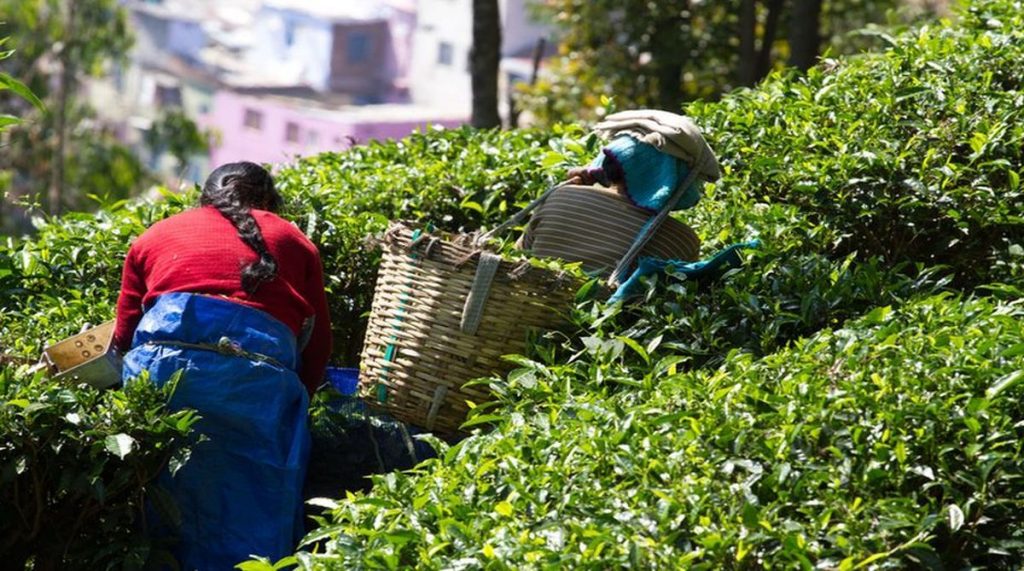After five rounds of lengthy discussions, the tea industry in the Terai and Dooars regions reached a consensus on a 16 per cent base rate for bonus disbursement across all tea gardens, with certain concessions granted to some estates.
However, despite this negotiated agreement, disruptions have been reported in several tea estates, with workers demanding a higher bonus.
Since yesterday, a section of workers, led by another faction, has been agitating in the Terai and Dooars. Interestingly, a faction of the BJP, allegedly led by John Barla, former MP and Union minister, protested by burning effigies of BJP leaders Jugal Jha and Rajesh Barla, demanding a 20 per cent bonus. These demonstrations took place in Kalchini in the Dooars and Belgachhi in the Terai.
Rebel leaders accused some trade union leaders of colluding with garden owners to settle for the 16 per cent bonus, thereby depriving the workers of their rightful share.
Meanwhile, in the Hills, tea workers have also begun agitating for a 20 per cent bonus, coinciding with today’s second round of tripartite negotiations in Siliguri. The labour department had to call a reconciliation meeting after several inconclusive bipartite talks between the Darjeeling Tea Association (DTA) and Hill-based trade unions. While the unions demanded 20 per cent, Hill planters offered only 9.5 per cent in the last meeting.
Commenting on the unrest in the Terai and Dooars, P K Bhattacharjee, secretary general of the Tea Association of India (TAI), said, “This is against the spirit of collective bargaining, especially when the agreement was reached in the presence of Alipurduar Manoj Tigga, Rajya Sabha member Prakash Baraik and state minister Bulu Chik Baraik.”
Mr Bhattacharjee noted that the tea industry in north Bengal has been grappling with a prolonged crisis, which has put its economic viability at risk. This year, extreme weather conditions have damaged tea bushes, resulting in significantly lower production. According to the Tea Board of India, West Bengal saw a 21 per cent drop in production as of July 2024, compared to the same period last year. The first and second flush crops, which yield the highest-quality teas, were most affected, severely impacting the industry’s cash flow.
“Despite these challenges, the management agreed to make additional compensatory payments beyond the Bonus Act of 1965 to ensure industrial peace, avoid further production losses, and help workers cope with rising living costs,” Bhattacharjee added.
The 16 per cent base rate for bonus disbursement is based on 12 months’ earnings for FY 2023-24.






